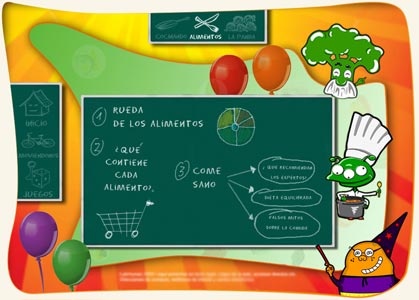
Many researchers agree that empathy acts as a protective factor for antisocial and aggressive behaviour, and it is therefore a skill that must be trained or at least be included in every intervention program. Moreover, impulsivity is considered a risk factor for the development of antisocial and / or aggressive behaviour, and it is part of the psychological profile of the aggressor. Up to a few years ago, the purpose of video games was only recreational and commercial. However, in the 2000s decade a series of video games for education have been released, encouraging the emergence of a new line of research focused on studying the beneficial effects of the use of video games for children and teenagers. Thus, in recent years the term serious games has been coined, a term used to refer to software or hardware applications developed under the principles of technology and game design but with a different primary purpose of pure entertainment. Therefore, the objective of this project is to design and develop a serious game, making sure that at a clinical and psychological level the game is designed to generate and / or encourage the development of prosocial behavior in children and teenagers in an entertaining way. In addition, we also try to assess the impact that exposure to the game has on empathy and impulsivity variables and the impact that the training of these skills has on antisocial and / or aggressive behaviour in children and teenagers. When introducing therapeutic goals in a game the child-teenager gets an attractive tool their can learn with, practice and reinforce basic psychoeducational concepts. | ||||
|
||||

 In recent years reports of aggressive and antisocial behavior among children and teenagers have alarmingly increased. Every time there are more people affected by this problem, which affects both their academic and personal development. Apart from this, these problems do not only have a negative impact for the child and teenager, but also for their family, the school system and society in general. These data highlight the need to intervene and / or prevent such behavior.
In recent years reports of aggressive and antisocial behavior among children and teenagers have alarmingly increased. Every time there are more people affected by this problem, which affects both their academic and personal development. Apart from this, these problems do not only have a negative impact for the child and teenager, but also for their family, the school system and society in general. These data highlight the need to intervene and / or prevent such behavior.